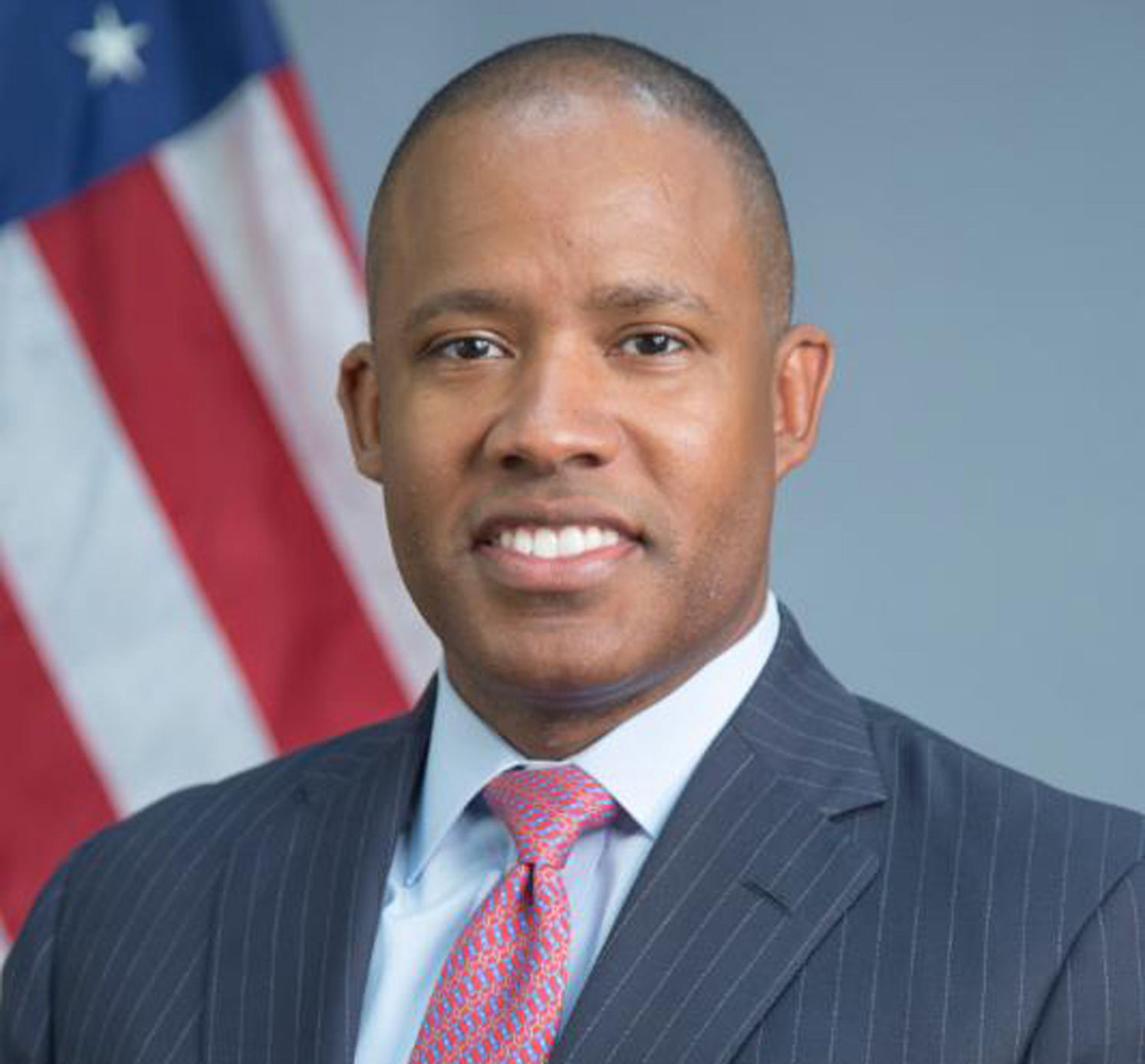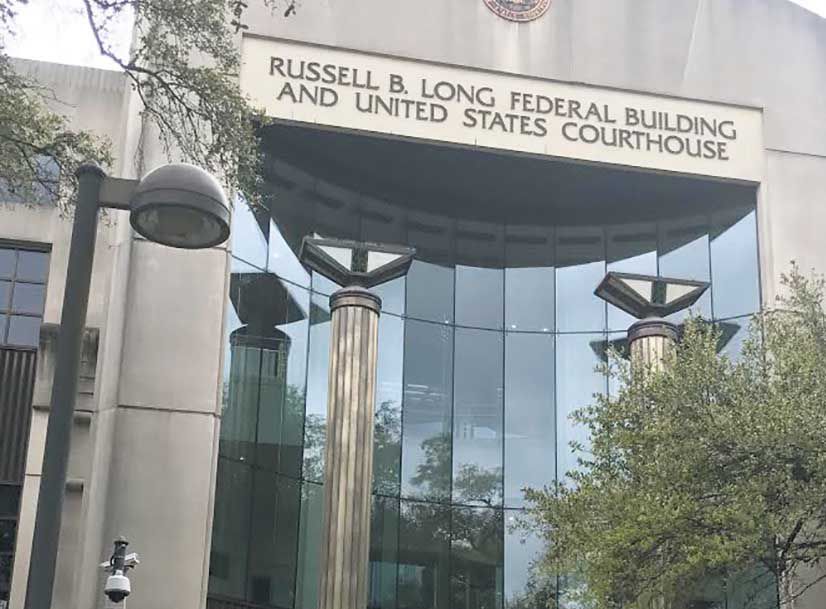
US Attorney resigns ahead of demands made for others
March 15, 2017Voting Rights Act questions will be answered in the right place
March 15, 2017In a third-floor Baton Rouge courtroom a seasoned judge has heard testimony since Monday in a case brought against Louisiana’s governor and other officials, alleging the state’s acceptance of at-large voting for judges in Terrebonne Parish is a violation of the U.S. Voting Rights Act.
For U.S. District Court Judge James Brady, a finding for the plaintiffs – if that’s how he rules – will be simpler than crafting a cure, which ultimately must be a creature of the state legislature.
But as Leah Aden, an NAACP Legal and Educational Defense Fund attorney pointed out in her opening statement Monday, this wouldn’t be the first time Louisiana has had to come up with such a solution. It has been done before in many judicial districts, as well as in the structure of the state’s Supreme Court.
Aden’s case was bolstered by testimony from a leading national expert on voting rights cases.
Dr. Richard Engstrom, of Duke University, whose work has been cited in U.S. Supreme Court Voting Rights decisions, said he analyzed 10 years of Terrebonne Parish racial voting patterns.
He concluded that all prongs of the test to determine Voting Rights Act violations exist.
The inability of either Gov. John Bel Edwards or Attorney General Jeff Landry to order
change is one of the arguments raised when Assistant Attorney General Angelique Duhon Freel made her opening. If the trial’s start and the length of witness lists for the NAACP and the state are any indication, Judge Brady’s attention span will be put to a severe test.
Testimony taken on Monday from Terrebonne NAACP President Jerome Boykin indicates that something else is on trial, besides the state.
In slow, deliberate and clear answers to Leah Aden’s questions, Boykin painted a picture of Terrebonne Parish from a 58-year-old black resident’s point of view.
Boykin began by recounting how he was involved as a child with desegregating West Park Elementary School, and the fear he felt at the time.
“We were called ‘ni**er’ every day,’” Boykin said of his change of elementary school,
which occurred as a result of a suit brought by his mother, Hazel Boykin. Epithets from the mouths of teachers were part of his school experience as well, Boykin testified.
Aden led Boykin through later history, when as president of the NAACP he had to make a complaint about former District Judge Timothy Ellender’s Halloween appearance at a public restaurant, in blackface, an Afro wig and a prison jumpsuit.
In response to objections raised by Friel periodically, Aden noted for the judge that
she was laying the foundation for her case. Boykin was asked more specifically about date references.
But the judge appeared weary of the objection stream.
Substantial time was spent on early attempts to create a minority judgeship in Terrebonne Parish. A bill that would have established a sixth judgeship was pulled by its sponsor, former House Speaker Hunt Downer, when Boykin sought to have it classified a minority judgeship.
Downer was not going to have his bill fought and grappled over, and so laid it to rest.
A later attempt at legislation in 2011 – actual creation of a minority- voted judgeship – was defeated.
Freel got to question Boykin after a lunch break.
Parish President Gordon Dove was not present Monday but is expected to show up later in the
week. Initially subpoenaed by the plaintiffs, he is now solely a defense witness. Parish attorney Julius Hebert was in court from the first day and expects to continue watching the proceedings throughout the trial. The courtroom was packed with black
Terrebonne Parish residents, some of them members of the NAACP. Some nodded in recognition of negative experiences during Boykin’s testimony.
In her opening, Aden spoke of the NAACP’s 30-year fight to end alleged violation of the Voting Rights Act.
Specifically, she said, the current practice of choosing judges in Terrebonne dilutes black voting strength. Only creation of one or more minority sub-districts, she told the judge, can accomplish the desired result. ·










